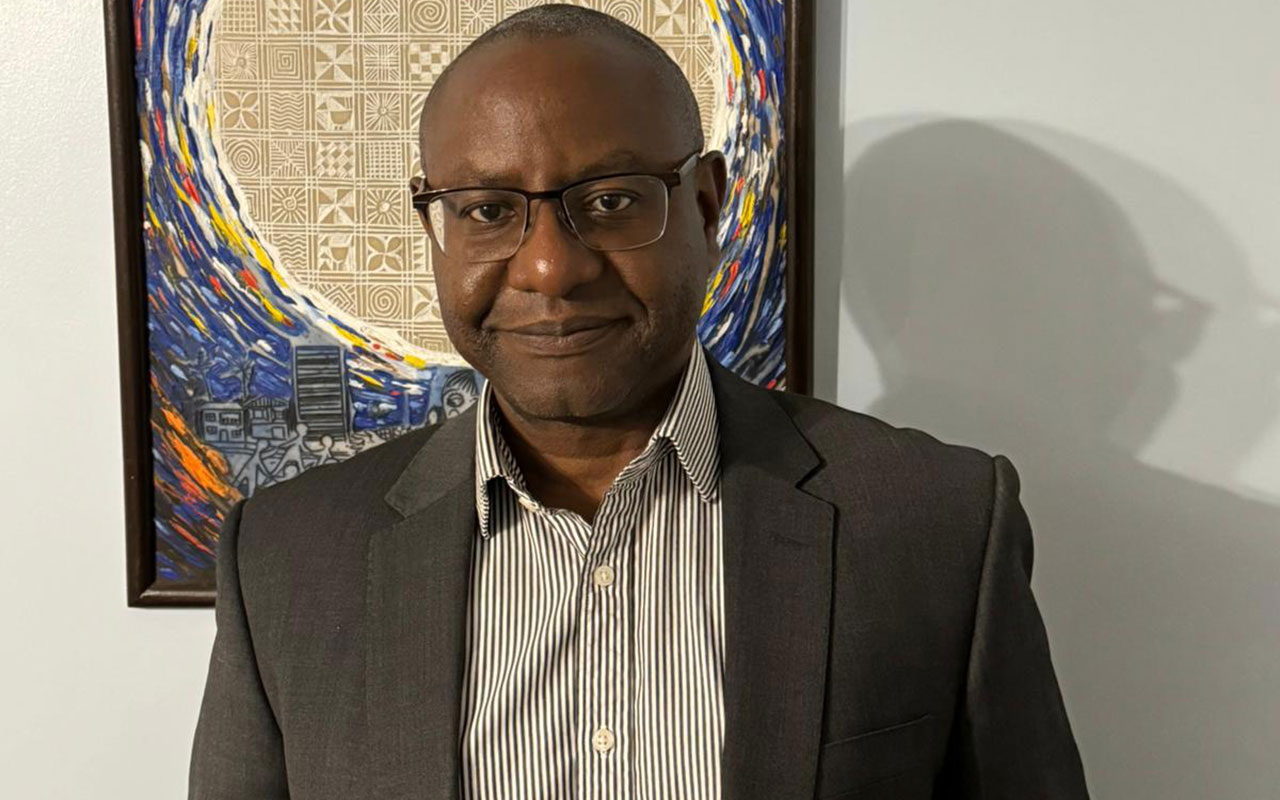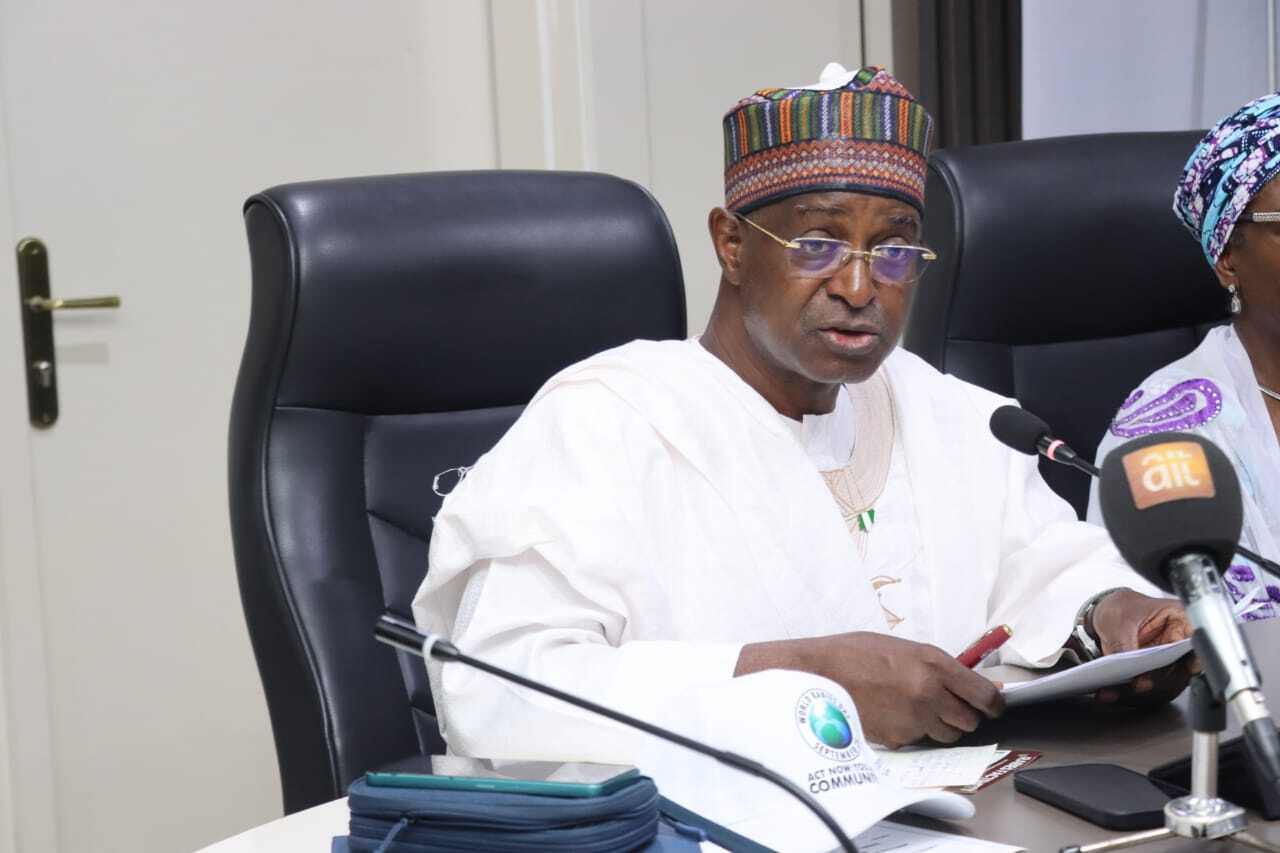As Nigeria’s population grows and migration patterns change, the urgent need for trained, professional caregivers has become evident. Experts caution that without acknowledging and institutionalising care work as genuine, productive labour, the country risks missing out on one of the fastest-growing sectors in the global economy, GLORIA NWAFOR reports.
Across Nigeria, thousands of people dedicate their time to caring for the elderly, the sick, and those living with disabilities.
But despite their indispensable role, care work, especially paid care, remains one of the least recognised sectors in the country.
Indeed, there is nothing more comforting for workers than to know that their children and elderly relatives are being properly cared for.
In Europe, care, especially for young children and the elderly, is one of the fastest-growing sectors.
Findings showed that paid care work is an important source of employment, especially for women. Many Africans, including Nigerians, who migrated abroad and work as social workers, could attest to how the job is earning them income in hard currencies.
According to the International Labour Organisation (ILO), the care services sector has the potential to create about 300 million new jobs globally. Statistics by the ILO showed that the global care workforce comprises 249 million women and 132 million men.
By 2030, it said the number of care recipients is predicted to reach 2.3 billion, driven by an additional 0.1 billion older persons and an additional 0.1 billion children aged six to 14 years. The data explained that women perform 76.2 per cent of the total amount of unpaid care work, 3.2 times more than men.
Maternity Protection and Work-Family Specialist of the ILO’s Gender, Equality, Diversity and Inclusion (GEDI), Laura Addati, said that with its potential for job creation, she raised the need to strengthen social dialogue and consultation processes to develop a better system and mechanism in the important agenda.
She said care jobs are often low-paid, physically and emotionally demanding, with high workloads carried out with insecure conditions, inadequate training, and poor career prospects, and in some extreme cases, in conditions of near slavery.
According to her, while care workers are often badly paid, care is expensive for those who have to pay for it out of their pocket.
If not adequately addressed, she said, current deficits in care service provision and its quality will create a severe and unsustainable global care crisis and increase gender inequalities at work.
In a review of the sector in Nigeria, operators urged the Federal Government to beam its light on the care service, stating that legislation is required to ensure adherence to standards, as well as regulate the conduct of care providers.
They noted that Nigeria must centre care in its economic agenda by formalising the care economy through national policies, protection for workers, and investments in social infrastructure, which could unlock immense productivity and gender equality gains.
The Chief Executive Officer, Arrowshot Care Solutions, Dapo Olugbodi, noted that the care economy is growing as the demand for childcare and care for the elderly is increasing in all regions.
According to him, 15 fundamental standards of care should be adhered to by professionals in the care industry.
He urged operators in the industry to focus on strong adherence to ethical standards in the discharge of their duties.
He said this owed mainly to the duties the care industry deals with human lives, and as a result, a strong focus on professionalism should be the standard.
Olugbodi explained that adequate training and exposure of care providers to global standards in the care industry were crucial factors to instil public confidence in the industry.
He stated that it had become imperative for the government to institute a proper structural framework in the care service industry to save it from unprofessionalism and quacks.
This, according to him, is to ensure that proper standards are maintained in line with best global practices.
Noting that care service is a professional service aimed at providing adequate care for the elderly, adequate training of care service providers, Olugbodi said, was paramount.
The Arrowshot boss said the care economy is growing as the demand for childcare and care for the elderly is increasing in all regions. He said the sector will create a great number of jobs in the coming years.
“However, care work across the world remains characterised by a void of benefits and protections, low wages or non-compensation, and exposure to physical, mental, and in some cases, sexual harm.
“It is clear that new solutions to care are needed on two fronts regarding the nature and provision of care policies and services and the terms and conditions of care work,” he added.
Founder of BLE Caregivers Agency, Admisher Mimo, highlighted some of the challenges of running a caregiver’s home. He said that despite it being fulfilling, it is equally stressful as most clients tend to look down on the caregiver.
“They tend to see us as a slave or a maid. We are not really treated right as we should,” he said.
The industry is still an emerging one without formal or national regulation and support.
While the industry holds lots of potential, he said that the government needs to work on improving the care system.
“We have to inculcate a national policy on care. In Lagos, authorities are playing a role in regulating and supporting caregiving services through the Ministry of Youth and Social Development. They visit us regularly to check on what you do.”
Mimo said that investing in the care sector can boost women’s and men’s employment, increase Gross Domestic Product (GDP), and is essential to overcoming entrenched discrimination against women at work and in society.
“Studies have also revealed that work in the care sector remains significantly undervalued and characterised by poor pay and working conditions. Women do more than three-quarters of unpaid care work. This is equivalent to 13 per cent of global GDP, or $11 trillion yearly,” Mimo said.
Founder, The Nanny Academy, Amara Agbim, said care work is central to national productivity.
“Work-life integration is at the heart of caregiving. Care work is an essential social infrastructure. Without systems like daycare centres and care workshops for nannies and drivers, we cannot have a functional society.
“If unpaid care were monetised, it would represent nine to 13 per cent of global GDP,” she stated.
Founder of OneHealth, Adeola Alli, said caregivers are invisible but sustain families and the economy.
“Care is that invisible system that allows women to work. When a woman is supported at home, she works,” the expert added.
She disclosed that the global care economy could add $11 trillion yearly to global GDP if properly valued.
On her part, lawyer and global affairs expert, Crystal Ikanih-Musa, emphasised the need for strong legal and policy frameworks to formalise and protect care work.






